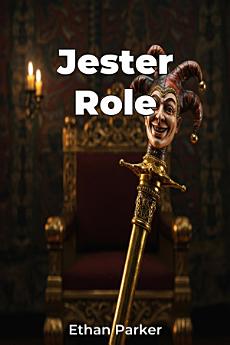Jester Role
Über dieses E-Book
The book examines how jesters shaped political discourse, influencing policy and mediating conflicts. It traces the evolution of comedic license, showing how the boundaries of acceptable humor shifted over time. The approach is supported by historical evidence from court records, literature, and art.
The book progresses by first introducing the concept of the licensed fool, then analyzing their role as a social safety valve, followed by their involvement in political discourse, and finally, tracing the evolution of comedic license.
This book offers a unique perspective by emphasizing the jester's agency and impact, rather than simply viewing them as passive entertainers. It's valuable for those interested in history and the performing arts, providing a deeper understanding of social control and political discourse through the lens of licensed humor and satire.








